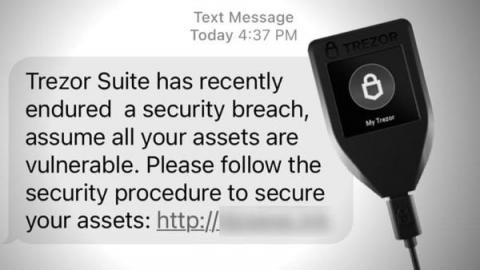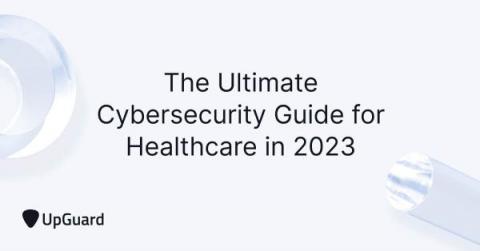Biden Administration Releases National Cybersecurity Strategy
President Joe Biden took the next step in the nation's ongoing effort to combat cyber threats by issuing the National Cybersecurity Strategy on March 2, which focuses on growing the public-private sector security partnership needed to protect critical infrastructure, dismantle threat groups, and increase resiliency.











